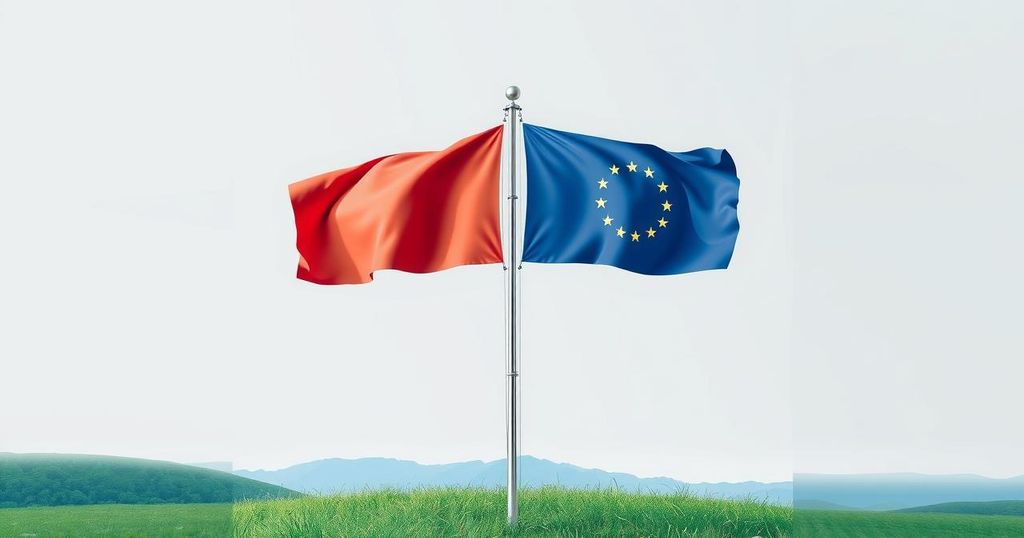Tshisekedi and Kagame Engage in Crisis Talks in Qatar Over Eastern DRC Security

On Tuesday, Felix Tshisekedi and Paul Kagame met in Qatar to discuss the security crisis in eastern DRC, with mediation from the emir. They expressed support for an immediate ceasefire after earlier peace talks in Angola failed, amid allegations of Rwandan support for the M23 rebellion. Both leaders emphasized the need for direct dialogue to resolve underlying issues affecting the region.
On Tuesday, in Qatar, a significant meeting occurred between Congolese President Felix Tshisekedi and Rwandan President Paul Kagame, facilitated by the emir. This discussion aimed to address the ongoing security crisis in eastern Democratic Republic of the Congo (DRC), particularly concerning the M23 rebellion accused of seizing territories in South and North Kivu. Despite allegations by Kinshasa accusing Rwanda of backing the insurgency, Kigali has consistently denied these claims, supported by various United Nations reports.
Efforts had been underway by regional organizations to revive dialogue between the two leaders, culminating in this meeting. It started at 4 PM local time and lasted approximately 45 minutes in a reportedly cordial atmosphere, largely due to the emir’s mediation. Notably, a previous attempt in January 2023 to organize a meeting had been canceled shortly before its occurrence.
Political analyst Tresor Kibangula mentioned that increased Western sanctions are beginning to influence President Kagame, while President Tshisekedi appears more open to negotiating with the M23, especially as the group’s military advances have shifted the power dynamics on the ground. Following this meeting, both leaders advocated for an immediate ceasefire after the unsuccessful peace talks in Angola were canceled.
The Congolese presidency maintained confidentiality regarding the meeting, which was disclosed only after President Tshisekedi returned to Kinshasa. A statement affirmed that both leaders are committed to an unconditional ceasefire as previously agreed upon in an African summit. Furthermore, they underscored the necessity for direct political dialogue among all parties involved to tackle the root causes of the conflict in Eastern DRC.
Prior to the Qatar meeting, it was announced that peace talks in Angola had fallen through due to the M23’s last-minute withdrawal, with accusations directed towards certain international organizations for undermining peace efforts through sanctions. The M23 cited that these sanctions severely hinder direct dialogue and progress.
These sanctions imposed by the European Union targeted Rwandan military leaders in connection with support for armed factions in the DRC, intensifying tensions. The M23 asserts it is protecting the interests of Congolese Tutsis while reports by international experts allege that Rwanda maintains effective control over the group due to its military backing.
The DRC’s government has labeled the M23’s swift territorial gains as a humanitarian crisis, asserting that more than 7,000 individuals have perished due to the conflict since January. Meanwhile, Rwanda argues that it faces threats from the FDLR group, which includes members linked to the Rwandan genocide. Historical records indicate that the last negotiations between the Congolese government and the M23 took place in 2013.
The meeting between Presidents Tshisekedi and Kagame represents a critical step towards resolving the security crisis in eastern DRC amidst ongoing regional tension. The leaders demonstrated a mutual commitment to a ceasefire and recognized the importance of engaging in direct dialogue. The evolving political landscape and international sanctions continue to shape the dynamics between Rwanda and the DRC, underlining the need for collaborative efforts to address the complex issues at hand.
Original Source: www.rfi.fr








